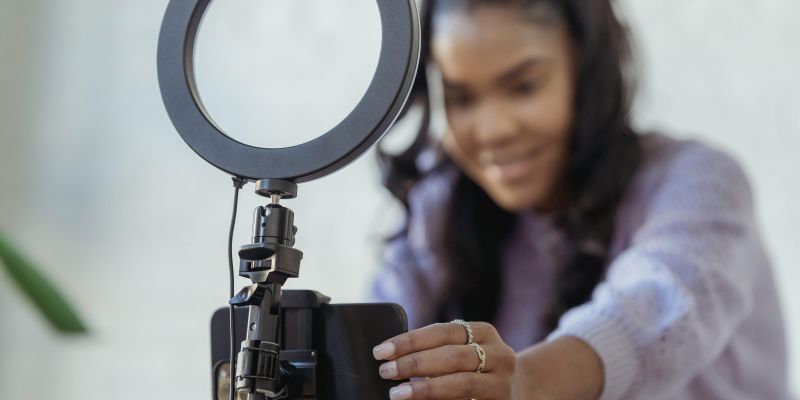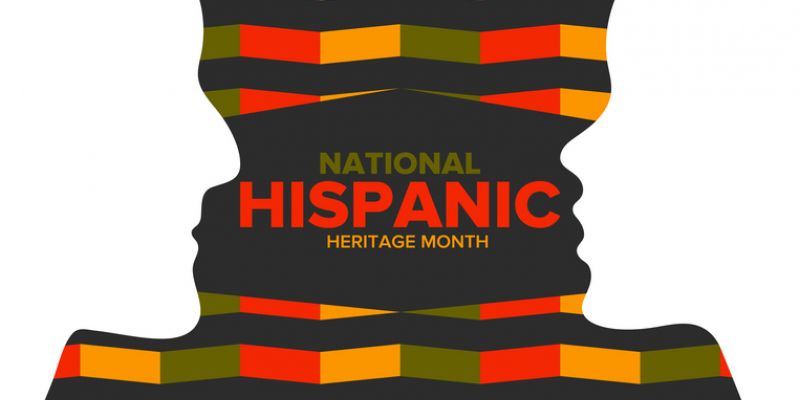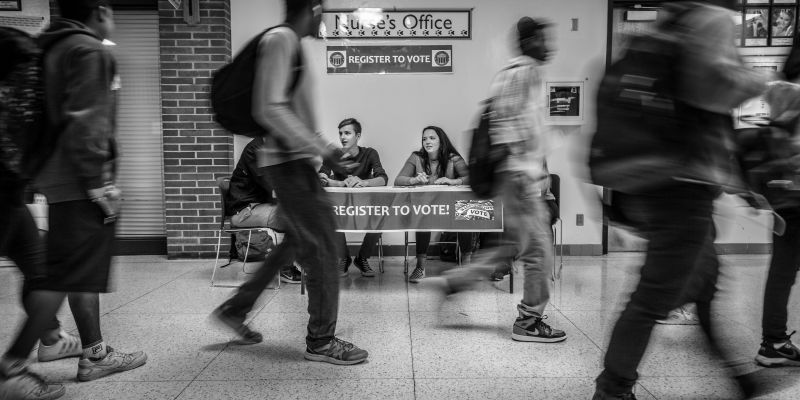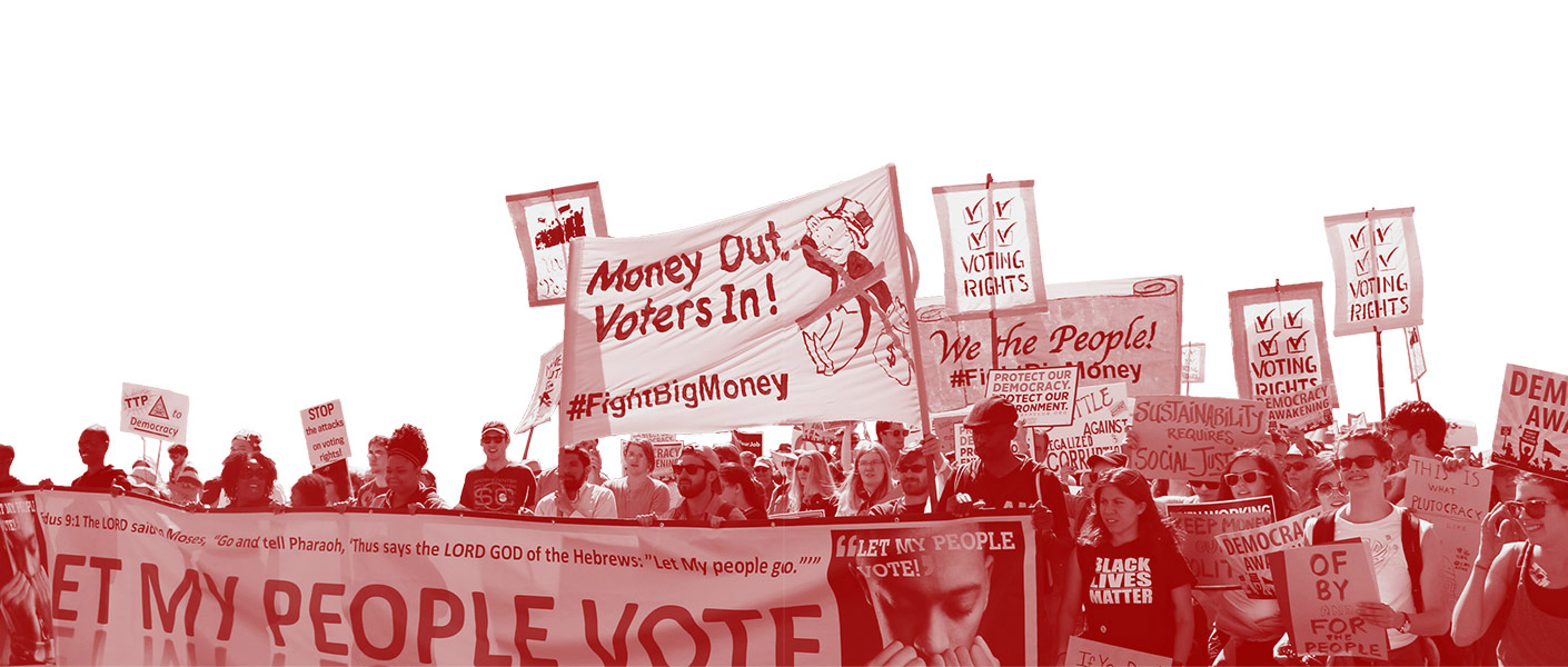ReThink Media Blog
Instagram is a powerful tool for activism. Here's how to utilize the platform for social change.
Digital Media
Reaching and winning over youth audiences is vital for advancing our issues. So how can we communicate successfully on visual platforms like Instagram and TikTok in order to reach this demographic?
ReThink Media
We also found that arms control advocates are increasingly taking a firm stance in the news rather than just making statements of fact, an important improvement over past years.
Digital Media
Hispanic Heritage Month's end offers a chance to honor and celebrate pioneering Latinx-led organizations fighting for a more inclusive democracy.
Digital Media
To mark International Podcast Day, we spoke with podcast host and producer Saadia Khan about the benefits of podcasting and how to start your own podcast.
Media Strategy
Young voters are poised to make up the largest voting bloc in the country and could be instrumental in deciding the outcome of our next election.
Traditional media
With audio journalism on the rise, here are 7 tips for improving your pitching to radio and podcasts.
ReThink Media
Since we work in media and communications, we often find ourselves advising people not to “bury the lede,” so we won’t do so ourselves: 2023 will be our last year as full-time staff at ReThink.
ReThink Media
Please join me in welcoming ReThink Media's incoming Executive Director, Mark Reading-Smith!
I have built a career working behind the scenes to center colleagues and impact issues for communities I am not a part of. This will be a pillar of how I engage as ReThink's Executive Director.
Media Strategy
Explore how nonprofits and advocacy orgs alike can leverage the surge in podcast listenership to diversify their digital media strategy
Media Strategy
With declining organic reach and costly paid advertising, it can be difficult to stay relevant on social media. Here are 10 trends to inspire your social media strategy in 2023











